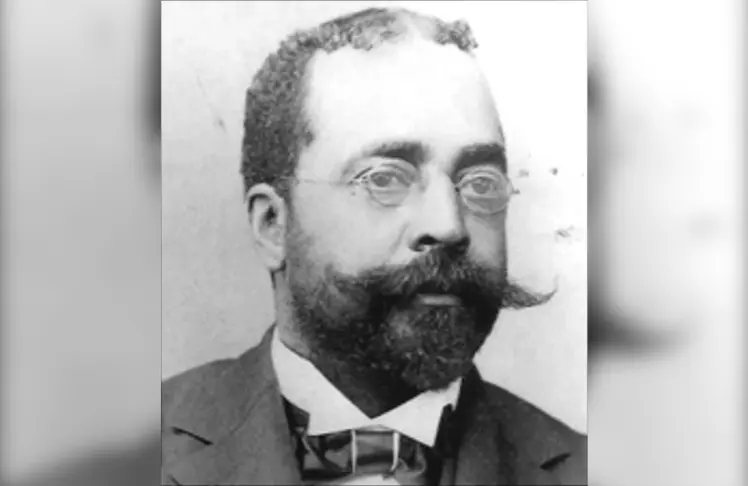
William Alexander Leidesdorff Jr. (1810-1848) was a Danish-American businessman, diplomat, and politician who is considered by some to be America’s first Black millionaire. Born in the Danish West Indies in 1810, he came to California in 1841, where he established himself as a successful merchant and became one of the most prominent figures in the early days of the state.
Leidesdorff was born to a Danish father and a mixed-race mother in St. Croix in the Danish West Indies. As a young man, he traveled to New York and then to Mexico, where he established himself as a successful merchant and became fluent in Spanish. In 1841, he traveled to California, which was then a Mexican territory, and established a trading post in Yerba Buena (now San Francisco).
Leidesdorff quickly established himself as one of the most successful and influential businessmen in the area. He established a wharf and warehouses in Yerba Buena, and his trading post became the hub of commerce in the growing city. He also became involved in politics, serving as a delegate to the convention that drafted the state constitution in 1849.
In addition to his business and political activities, Leidesdorff was also a diplomat, serving as consul for Denmark and several other countries in California. He used his position to promote trade between California and other countries, and he was instrumental in establishing the first steamship line between San Francisco and Panama, which helped connect California to the rest of the world.
Leidesdorff was also a major landowner in California, acquiring large amounts of land throughout the state. He was one of the first people to develop the land around Sacramento, where he established a large ranch and built a mansion that was considered one of the finest in the state. He also owned extensive lands in San Francisco, where he was a major real estate developer.
Despite his many achievements and successes, Leidesdorff died at a young age, in 1848, at the age of 38. However, his legacy lived on, and he is remembered today as one of the most important figures in the early history of California.
Leidesdorff’s legacy is particularly significant in the context of California’s early history, as he was one of the few prominent figures in the state who was of mixed race. Despite facing discrimination and prejudice, he was able to establish himself as a successful businessman, diplomat, and politician, and he played a key role in shaping the early history of California.
Leidesdorff owned the first steamship in San Francisco Bay. He also accomplished a list of other notable firsts, including setting up the first public school in California, as well as creating the first hotel and the first waterfront warehouse in San Francisco.
Today, Leidesdorff is remembered as a pioneering figure in California’s history, and his contributions to the state are celebrated in many different ways. A street in San Francisco is named in his honor, and a plaque at his former home in Sacramento marks the site of his former mansion. In recent years, there has also been a renewed interest in his life and legacy, and historians and community leaders are working to ensure that his contributions to California are not forgotten.


